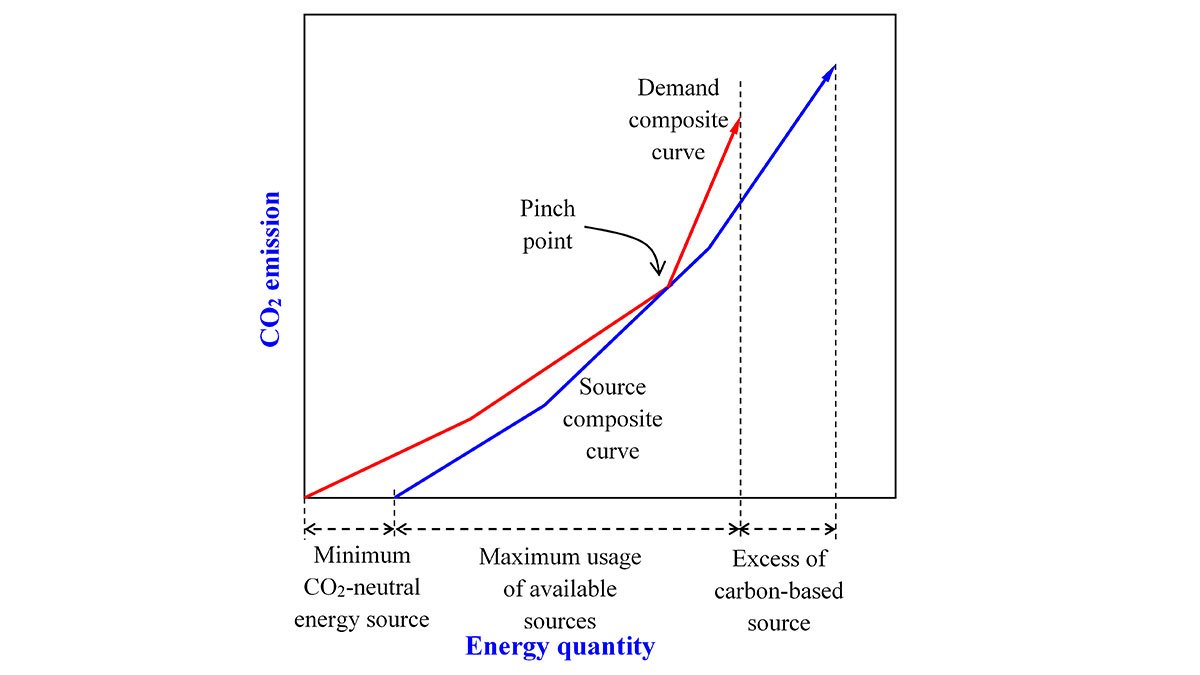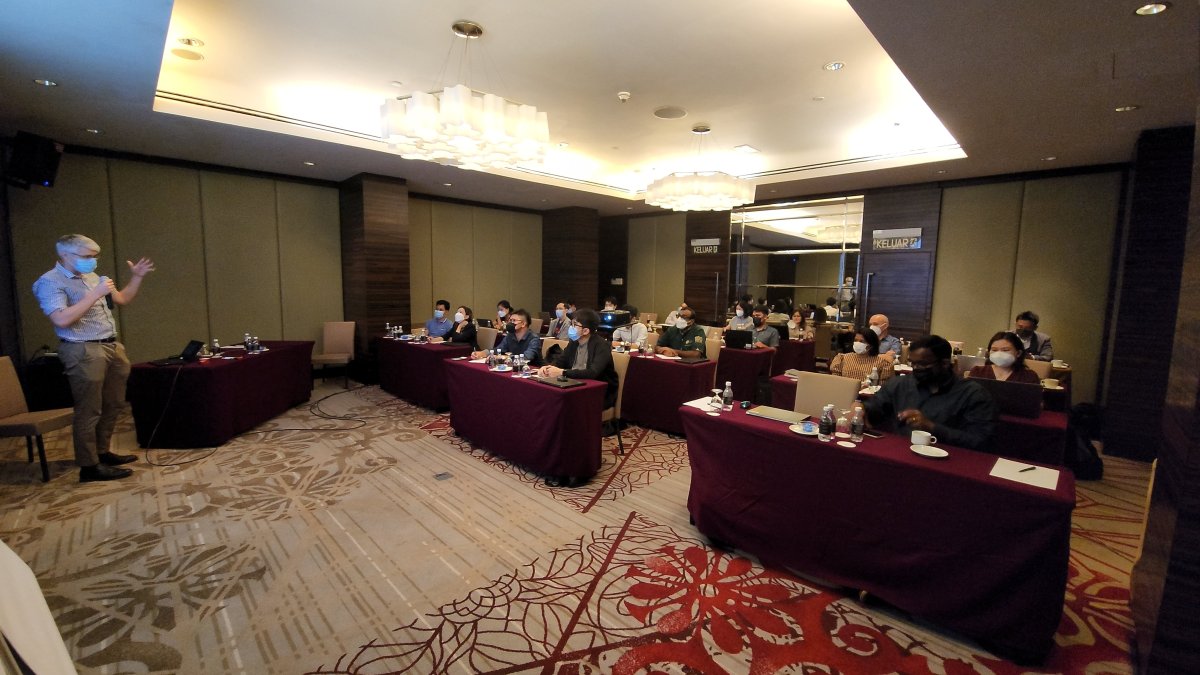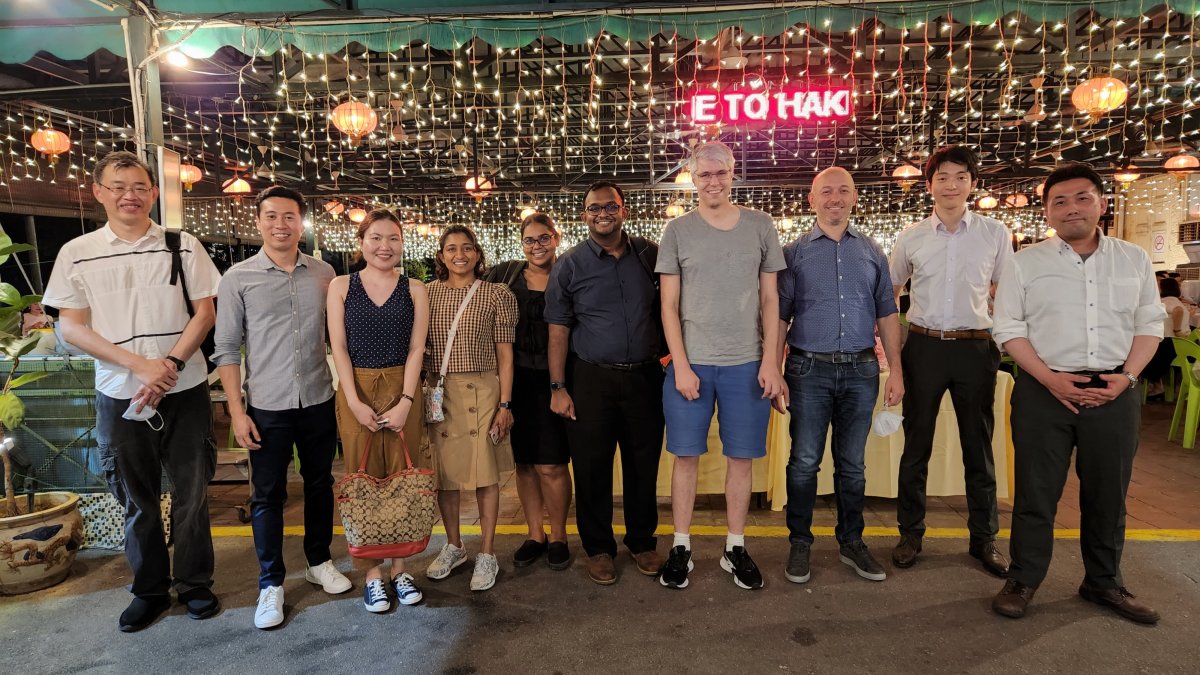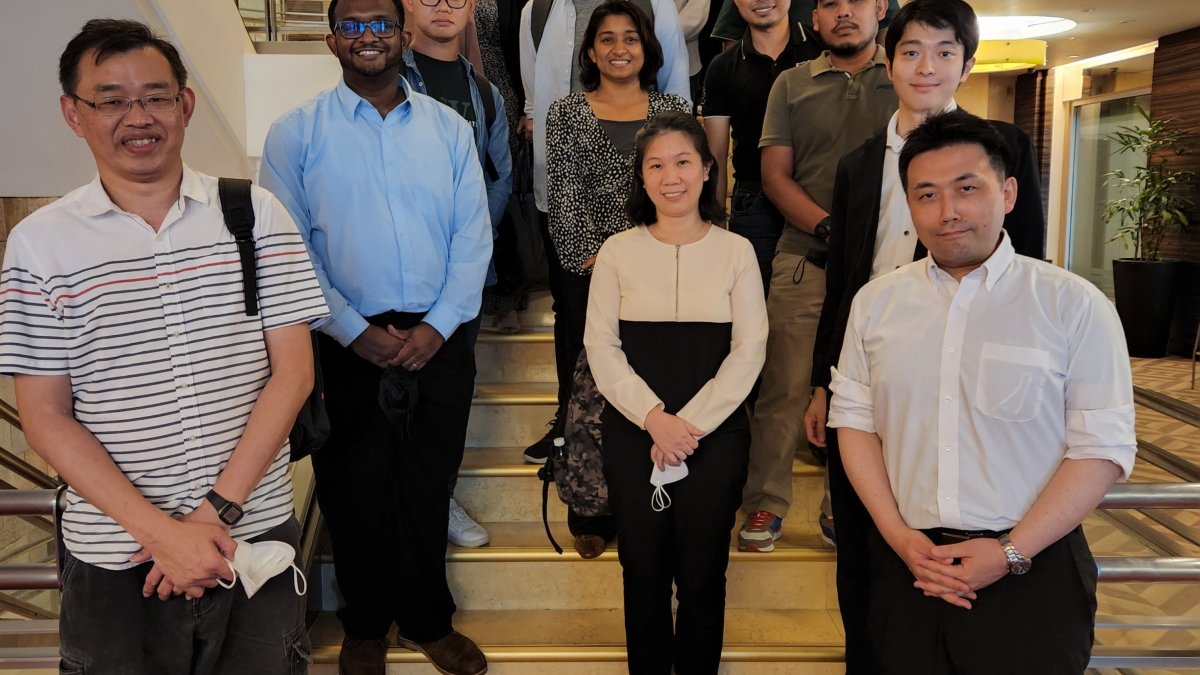A software framework for optimal decarbonisation planning for ASEAN countries
Start date
31 March 2021End date
30 November 2022Overview
Climate change is the gravest threat to humanity’s long-term prosperity and the global co-operation to mitigate this threat is unprecedented. The COP summits aim to accelerate the achievement of the Paris Agreement’s goals.
To achieve these ambitious emissions targets and keep global warming to below 2°C, strategic planning methods for policymaking are essential. These should span entire nations’ emissions contributions, across sectors, and should be able to plan for achievable implementation of emissions reduction technologies, negative emissions technologies, within budgetary, time, and social uptake constraints.
Association of South East Asian Nations (ASEAN) countries, as developing economies, have seen dramatic rises in CO2 emissions over the past 20 years (e.g. The CO2 per capita of Malaysia has risen from 5 t/y in 2000 to 8 t/y in 2018), and therefore it is important to develop tools that incorporate region-specific conditions.
Learn more about our project:
- Sustainable development goals
- COP26 Trilateral Research Initiative
- Climate connection.
Trilateral Research Initiative
The project brings together academic partners from United Kingdom (University of Surrey), Japan (University of Tokyo), Malaysia (University of Nottingham Malaysia and Monash University Malaysia), and the Philippines (De La Salle University) to deliver open-source energy planning software to reach the long-term decarbonisation goals of the ASEAN region. Together with industrial partners in Malaysian government, local oleochemical and petrochemical companies, and environmental consultants Aria Sustainability, we are building tools and educating local stakeholders on ways to increase efficiency, digitalise their businesses and plan for net-zero.
For more information you can visit:
https://github.com/mchlshort/DECO2
Funding amount
£75,000
Funder
Aims
The proposed project seeks to develop a decision-making software framework, based on rigorous mathematical optimisation models, for planning the decarbonisation of ASEAN countries, in line with commitments made while signing the Paris Agreement.
The planning framework relies on a combination of proven, mature technologies such as the Carbon Emission Pinch Analysis, developed by members of the project team over the past 10 years, and novel mathematical optimisation-based tools that provide rigorous guarantees on the qualities of the solution, subject to planning constraints such as budget, social resistance to uptake, efficiencies of interventions and policies, uncertainty, technology readiness levels, and implementation time.
The open-source software and planned impact activities ensure that the results and tools’ impact is maximised to help both governmental and industrial policymakers in ASEAN countries to identify achievable emissions targets and the optimal paths to achieve them through a range of technologies, interventions, and budgetary and time constraints.
The team will deliver significant outreach and engagement activities through multi-day workshops with project partners in emissions-intensive industries in Malaysia, as well as with government agencies to ensure that the software and solutions are data-driven, implementable and align with national strategies.

Energy planning pinch example diagram (Tan and Foo, 2007).
Team
Principal investigator

Dr Michael Short
University of Surrey
See profileCo-investigators

Professor Dominic Foo
University of Nottingham Malaysia
See profile
Dr Yasunori Kikuchi
University of Tokyo
See profileLead developer
Purusothmn Nair from University of Nottingham Malaysia.
Project partners
- Malaysian Green Technology And Climate Change Centre – Government Agency
- Aria Sustainability Ltd. – Life Cycle Assessment and corporate carbon footprint consultancy company
- Prof Raymond Tan from De La Salle University
- Dr Jully Tan from Monash University Malaysia.
Project team

Outputs
Workshops
The project is funding two workshops in Malaysia. The workshops will involve a first workshop with policymakers in Malaysia from project partner Malaysian Green Technology And Climate Change Centre and any other policymaking experts from ASEAN countries.The workshops were held in June 2022 at Impiana hotel KLCC in Kuala Lumpur.
At the workshops, the project team, involving academic and industrial experts in optimisation, life cycle assessment and energy systems planning presented examples of how to use the software and work together with the potential users to tailor the software towards their specific requirements.
The second workshop, involved a 2-day workshop where we interact with industrial participants from the local chemical, energy, oleochemical, food, and transport industries. In this workshop the project team will demonstrate the software, explain implications of results on business practices and provide training on how to incorporate state-of-the-art techniques in optimisation and LCA to industrial problems.
We hope that this training and interactions with participants will improve business practices and profitability and is provided free of charge for the industrial partners. This will increase the impact of the work by also introducing modern industrial best-practices to the industries, taught by leading experts. Similarly, these workshops were attended by local engineering professionals and graduate students, giving them an opportunity to learn mathematical optimisation techniques and LCA from the distinguished team. More information on the workshops is below:
https://www.youtube.com/watch?v=QOxAybNeL2s
https://www.youtube.com/watch?v=23TvKMKz0W4
The software
The Python-based software is in the early phases of development. At the moment the software is capable of performing detailed carbon emissions planning for the electricity sector at the level of individual power generators to reach targets for emissions reduction and determine the level of negative emissions technologies required to meet certain emissions reduction targets. The software currently uses the open-source algebraic modelling environment, Pyomo (Hart et al., 2020). Please let us know what you think by reaching out to the team on Github or via email.
https://github.com/mchlshort/DECO2
Publications
We have published several papers at conferences and leading journals related to the project and collaboration. Some are given below:
https://www.nature.com/articles/s43588-022-00286-1
https://www.sciencedirect.com/science/article/abs/pii/S0957582022009090
https://www.cetjournal.it/index.php/cet/article/view/CET2294073
https://www.sciencedirect.com/science/article/abs/pii/B9780323958790502…
https://www.sciencedirect.com/science/article/abs/pii/B9780323851596501…



